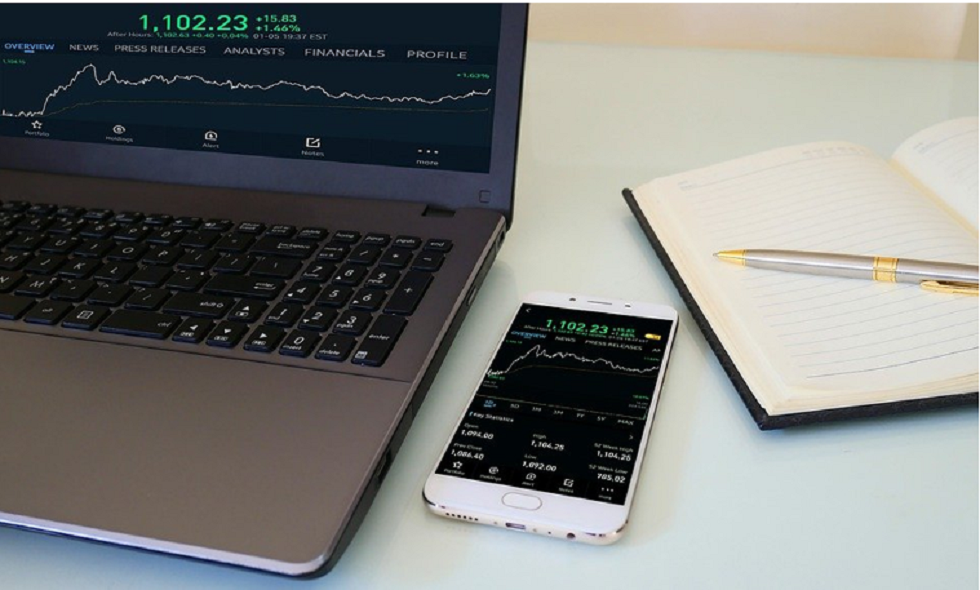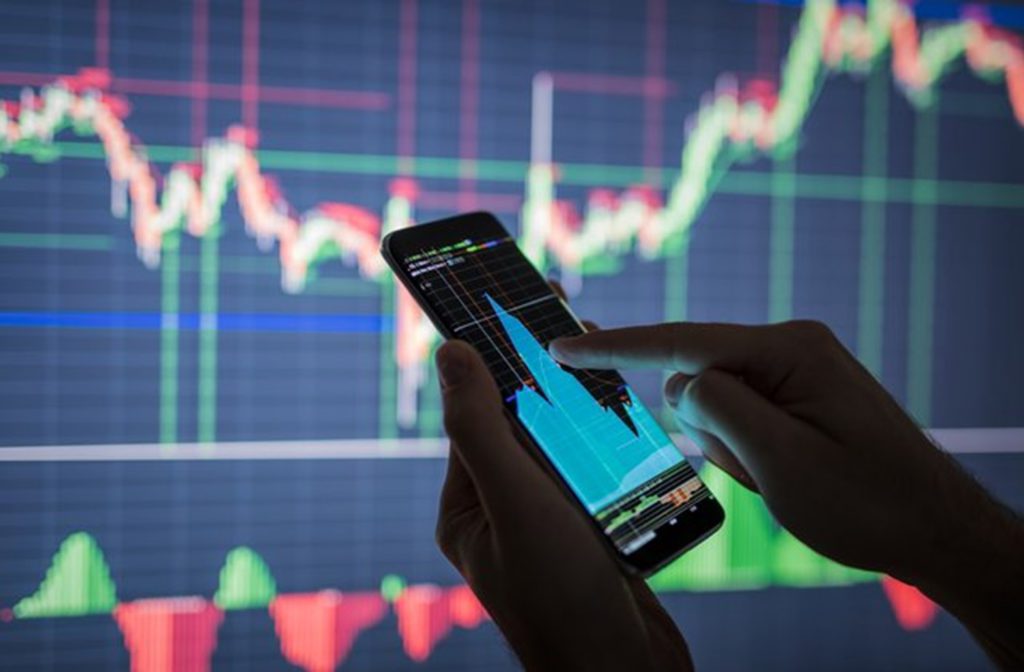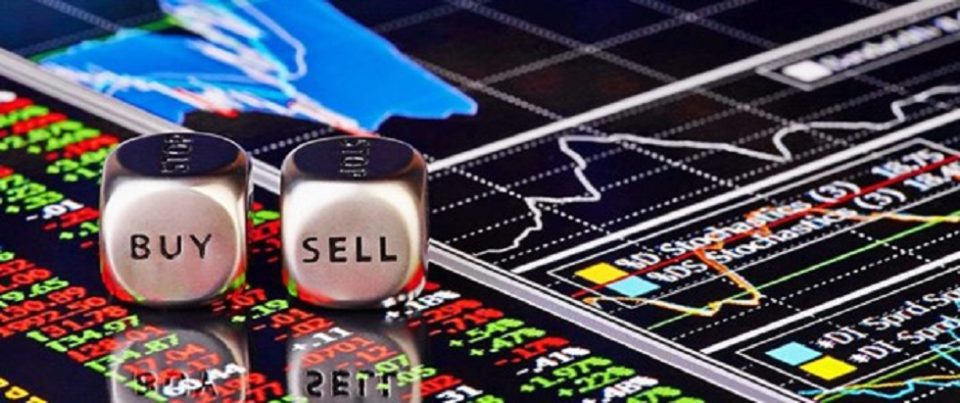If you were to ask an expert forex trader “Is Forex trading essentially gambling?” he would promptly deny and offer some convincing arguments that would change your perspective.
Before we dive in and explain why forex trading is not actually gambling, understand: without proper risk management strategies and in-depth fundamental analysis, investing can quickly become a game of chance.
So without further ado, let’s find if there are any similarities between forex and the casino:
Can forex trading be considered gambling?

Even professional traders would agree that opening a forex position always involves a bit of luck.
Until now, nobody has discovered “the secret” of risk-free trading. Why?
Because there is no such thing. Risk is always involved no matter how many technical indicators you use or how advanced your fundamental analysis skills are. The only thing that knowledge can do is minimize your risk, not eliminate it.
In fact, the common element that forex and casino games share in common is risk. Just like no blackjack player can beat the dealer every time, there aren’t any investors that can tell you with certainty how the USD will perform today.
Still there is a crucial difference between gambling and trading – unlike a gambler, an investor will never make a decision just for pure entertainment.
Contrarily, a casino player always accepts the fact that the odds favor the house, so unless he’s got some trick up his sleeve, he will enjoy the gamble as a fun activity.
To put things into perspective, in the casino, the house always wins, while in forex trading, you have a real chance of getting decent returns if you act on a logical basis.
You can read more about the similarities and differences between investing and gambling in the in-depth case study from Casinobonusca , in which iGaming experts suggest that trading is more similar to casino games than investors want to admit.
When Forex trading becomes gambling

Forex trading can quickly turn into a risky gamble if you don’t know what you’re investing in. Most often, amateur traders choose to invest based on some “free advice” found online. Still, they never spend time implementing a solid strategy that can bring them a positive ROI (return-on-investment).
We’ve identified two situations in which you can say that forex trading is a gamble:
The King Kong syndrome
Also known as “beginner’s luck”, the King Kong syndrome is one of the leading causes why many amateurs become addicted to investing in forex and start treating it as a game of chance.
It’s easy to fall into the trap of addiction – if you get lucky on your first few trades, you will get excited and think that you’re on a winning streak.
We hate to break it to you, but there is no such thing as a lucky streak in forex. Thus, making bigger trades because you just won a smaller one and want to reap better rewards is a bad idea.
A real trader never chases large profits or the high of winning. Instead, they use a strategy that can minimize their risk and bring better returns.
Chasing losses
One of the most common mistakes that forex “gamblers” make is trying to recoup their losses by continually opening new trades. This behaviour is similar to a casino player who decides to make another bet to recover the losses.
We know that you could be tempted to chase your losses, but it should be avoided. That’s because you will fall into a vicious cycle where you will try to recuperate your loss with bigger trades. So, instead of just making a bet that could cover your recent losses, you will most likely make a bigger one that will also yield some returns.
For example: You open a position on USD/EUR at 1.1321. The market is not in your favour, and you see the price going to 1.1278. You decide to close the position to mitigate further risk.
Now if you’re the type of trader who hates losing (like most of us), you could be tempted to automatically open a new trade without even checking the opening rate.
Let’s suppose you decide to make the trade again, with a more significant amount, and you lose even more money.
At this point, panic sets in. Your judgment is clouded by the massive losses you’ve suffered and you go for an even larger trade which will supposedly bring you all the losses back and a little profit on the side.
But as most of you know, this so-called “strategy” will never work. You will get stuck in a loss chasing loop until you eventually run out of capital. That’s the moment in which you decide that forex is a scam and quit investing forever.
But it doesn’t have to be that way. Forex is not a scam, and the only problem is that you’ve never invested the money wisely. Instead, you just let emotion take control of the situation and you chased your losses hoping for a different outcome.
How to avoid trading like a gambler
Be aware: If you have a history of addiction (especially gambling), you should avoid trading at all costs.
While trading forex has become a popular investment choice for many beginners, you need to understand: trading is not for everyone.
If you’re just getting started, you need to change your perspective about forex. Accept the fact that you’re a total newbie and you still have a lot to learn, and avoid opening significant positions from the very beginning.
The best way to avoid gambling your life savings on forex trading is to learn how to trade. While our statement can sound like a cliché, it is that simple to become a decent investor.
The key takeaway is that trading is not a form of entertainment. Instead, it is a real investment that requires skill to manage the risk efficiently. That’s why you never see an expert opening a new account and gamble away all their funds and repeat until they succeed.
Real traders know that making the same mistake twice in forex can be costly. Instead, they set goals and limits which allow them to experiment with different strategies. They know how to enter the market at the ideal moment and when it’s time to exit.
We have a solution to overcoming the feeling that investing in forex is nothing more than gambling:
Think like a professional trader
Expert investors don’t treat the financial markets like a game. They never take unnecessary risks hoping to make a profit. Instead, professional traders understand that forex is all about risk management.
Thus, we suggest getting into the right mindset and enhance your ability to manage risks. Instead of over leveraging your positions and taking unnecessary and uninformed risks, you should work towards developing a failsafe mechanism that will protect you from suffering massive capital losses.
The bottom line
So, trading forex is not actually gambling. We agree that most investors lose money trading, but that’s not a solid enough argument to classify forex as a game of chances.
Some experts manage to get a profitable return over time. The same thing can’t be said about gamblers, since 99% of them have a negative Return on Investment in the long run (except professional poker players).
All in all, the “secret” is to spend extra time studying the industry and test the accuracy of your predictions on a demo account first.
If you’re not willing to put in the extra effort it takes to become a real trader, you are better off using your money in the casino. This way, you will at least have some fun even though the odds of losing are quite high.
